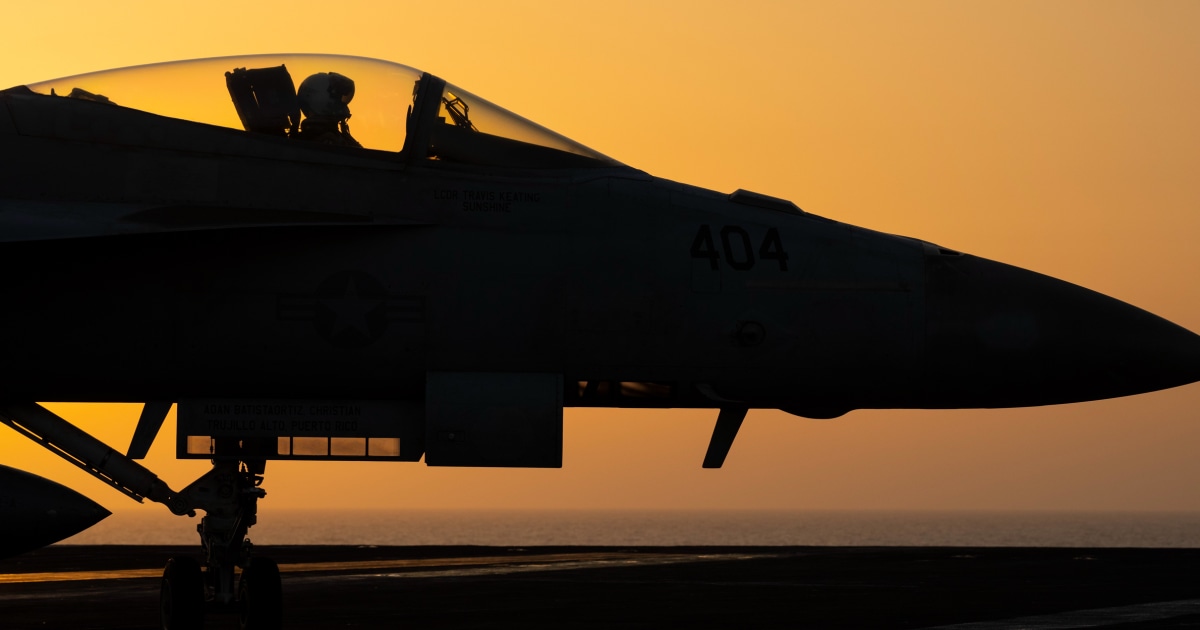World
Panama’s newly elected president to shut down treacherous migration route toward US

The incoming president of Panama has vowed to make big changes to help alleviate the US border crisis.
President-elect Jose Raul Mulino vowed to shut down a crucial migration gap through Panama that has been used by more than 500,000 migrants over the last year, signaling a shift in the country’s policy as the US continues to battle a crisis at its southern border, according to a report from Voice of America.
“Panama and our Darien [Gap] are not a transit route. It is our border,” Mulino said, according to the report.
Panama had previously helped bus migrants through the critical gap and allowed them to continue their journey north, a policy that has allowed thousands to reach the US border with Mexico.
The shift comes as the US has put continued pressure on Mexico to help alleviate the crisis, calling on the country to help enforce movement restrictions through its territory to prevent migrants from eventually reaching the US border.
The Darien Gap, although a dangerous route north toward the US, has become a popular route among migrants in recent years, with cartels and other organized crime organizations stepping in to make it an affordable option for those seeking to reach the United States.
Mulino, who won with 34% of the vote last week, said the new policy would make Panama a less attractive option for migrants and criminal organizations.
“Because when we start to deport people here in an immediate deportation plan, the interest for sneaking through Panama will decrease,” Mulino said of the plan, according to Voice of America. “I assure you they are going to say that going through Panama is not attractive because they are deporting you.”
Nevertheless, some experts expressed skepticism that such a plan would meaningfully reduce migration. Analyst Adam Isacson of the nongovernmental organization Washington Office on Latin America said Panama does not have the capacity to “massively deport” thousands of migrants.
“A daily plane, which would be extremely expensive, would only repatriate around 10% of the flow (about 1,000 to 1,200 per day). The United States only manages to do about 130 flights monthly in the entire world,” Isacson said.










